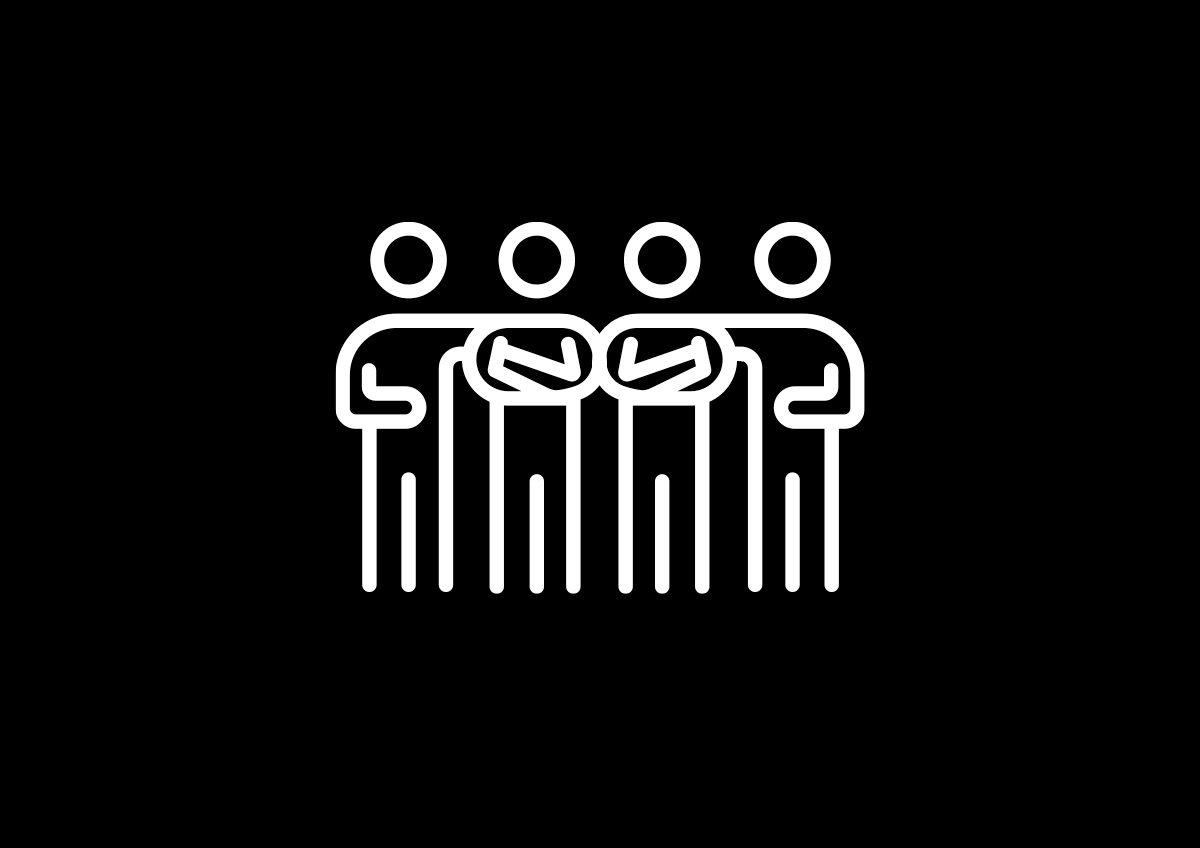1 step backward, 2 steps forward

Less one step forward, two steps backwards, more, one step backwards, two steps forward. A new report from TSB has found that 80% of first-time buyers are moving back in with their parents to save for a deposit. Yes a staggering 80%. Perhaps if you have grown up children you may want to keep this under your hat? I am joking of course, you miss the little darlings.
To many, this statistic might sound like a sign of the times — another reminder of how difficult it is for younger generations to get on the housing ladder. But to anyone who’s spoken to a few older homeowners, or spent time helping people move house for decades like we have, this news won’t come as much of a surprise at all.
We’ve met countless clients in their 70s, 80s and 90s who tell us how, when they were starting out, the path to home ownership looked remarkably similar: A. Move in with family after getting married B. Save every penny possible C. Say no to holidays, new cars, or nights out, and D. Buy a modest first home and work up from there.
In fact, for much of the last century, this was simply how it was done. The concept of “starting out on your own” in a rented flat and buying shortly after was a luxury that only came about during a brief period in the 90s and early 2000s, when mortgage lenders were dishing out 95%, 100%, even 110% loans. You are very likely to want to keep this under your hat, if like me, you were one of the lucky ones!
Add to that the era of 0% base rates that lasted nearly a decade, and you have a generation that could buy with minimal deposits and very low repayments. I personally knew people whose mortgages tracked the base rate at -0.5% so for a period they actually got paid each month! Naturally this wasn’t normal — it was a short-lived anomaly in the history of property.
Today, we’ve returned to what is, in many ways, the long-term norm: Mortgage rates around 4% (which is still good value when compared with the 15% many paid in the early 90s), Lenders being more cautious (which is sensible), Buyers needing a decent deposit and yes, sacrifices — of the kind many made before.
That doesn’t mean it’s easy. But it does mean it’s achievable. For most people, buying your first home will take years of saving and compromises. It always has. That doesn’t make it unfair — just something that requires planning, patience, and realistic expectations. Share this with your offspring. You're welcome!
And despite the hurdles, it remains one of the best long-term decisions you can make, providing stability, security and financial growth over time. So if you're one of the 80% moving back home to save — good on you. You're doing what generations before you have done. You're putting in the hard work now to reap the rewards later.
And if you're wondering whether it’s worth it, our answer is simple: Yes. If it’s affordable, it's still one of the best things you can do. As true today as it has ever been. We’re here to help whenever you're ready.